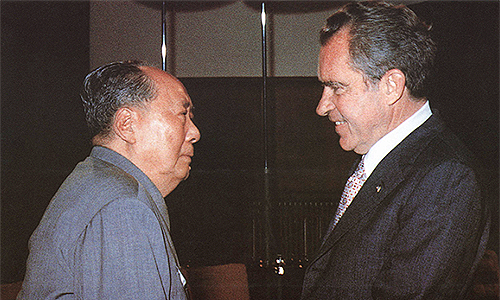The independence of the United States was not achieved solely through battles like Pensacola or Mobile. Nevertheless, those battles, led by Spanish General and governor of Louisiana Bernardo de Gálvez, were of great importance. The truth is that men like Gálvez, Gardoqui, Córdova, Saavedra, Unzaga, Miralles, Leyba, and many others established an entire structure to harass the British from the Caribbean to the Mississippi. This translated from naval to commercial efforts, supplying Anglo-American colonists with all kinds of provisions and securing important victories inland.
This complex strategy was successful thanks to the economic sacrifice of many parts of the Hispanic Monarchy, from Málaga to Havana, with the participation of soldiers from present-day Spain, Mexico, Cuba, Puerto Rico, the Dominican Republic, Costa Rica, Venezuela, and Peru. It also involved alliances with North American Indian nations, Africans, Acadians, and Irish, among others, forging a human melting pot that perhaps foreshadowed the future of the United States.
Today, some people around the world dare to denigrate Hispanics and label them as backward people.
Historically, both European Spain and Spanish America were lands of promise. Lands of great advances, discoveries, and innovation. Places where the first grammars were written, the first universities and churches were founded, and where human rights first originated with the Laws of the Indies, which not only protected the rights of the natives but also, thanks to Queen Isabella the Catholic, encouraged miscegenation and invited Spaniards to marry indigenous people.
Additionally, from the late 16th century to the early 19th century, Spain welcomed many Irish who fled English anti-Catholic persecution, with both the Habsburgs and Bourbons making all kinds of efforts to naturalize them on Spanish soil. Likewise, Greeks and Armenians also found their home in Spain during those centuries, fleeing from Muslims. Greeks were present in the foundations of Lima and Quito, as well as in the expeditions to Florida.
Speaking of Florida, the memory of Fort Mose still survives. This was a settlement formed in the 18th century, largely by black people who escaped from the Anglo-Saxon colonies. They were welcomed under Spanish law, and became formidable fighters against the British.
And many Creoles of French origin, as well as Franco-Canadians who were expelled by the British, found their home in Spanish Louisiana.
We need to be clear, the constant denigration and poor image or reputation that some want to use against us Hispanics through the Black Legend (this isn’t just a left-wing phenomenon) makes no sense and is not related to history or truth.
It’s quite the opposite: among Hispanics, closed-minded racial classifications don’t hold, and what has emerged over time is our cultural strength and the overcoming of contradictions.
Although there was a violent and traumatic rupture with the Hispanic Monarchy, a rupture in cultural terms has never occurred. This is precisely something that should motivate us to continue the fight into the 21st century.
Hispanics can and should be the salvation of America, but that requires honoring our past and knowing our history.
Additionally, we must reject being used as weapons of war to carry out attacks or an invasion against the nation that welcomes us and allows us to live in freedom, while socialism of the 21st century suffocates us and plunges us into misery in our own countries.
Antonio Moreno Ruiz Nacido en Bollullos de la Mitación (Sevilla, España), en 1981. Historiador licenciado por la Universidad de Sevilla, con máster en Educación Secundaria y especializado en Historia de América. Comunicador y escritor. Amplia experiencia en periodismo, así como en docencia, traducción y proyectos de formación académica y cultural. *Co-fundador de la página “Spanish Heritage”
The post Why Hispanics Can Save America, Just as They Once Did appeared first on Gateway Hispanic.
The post Why Hispanics Can Save America, Just as They Once Did appeared first on The Gateway Pundit.









